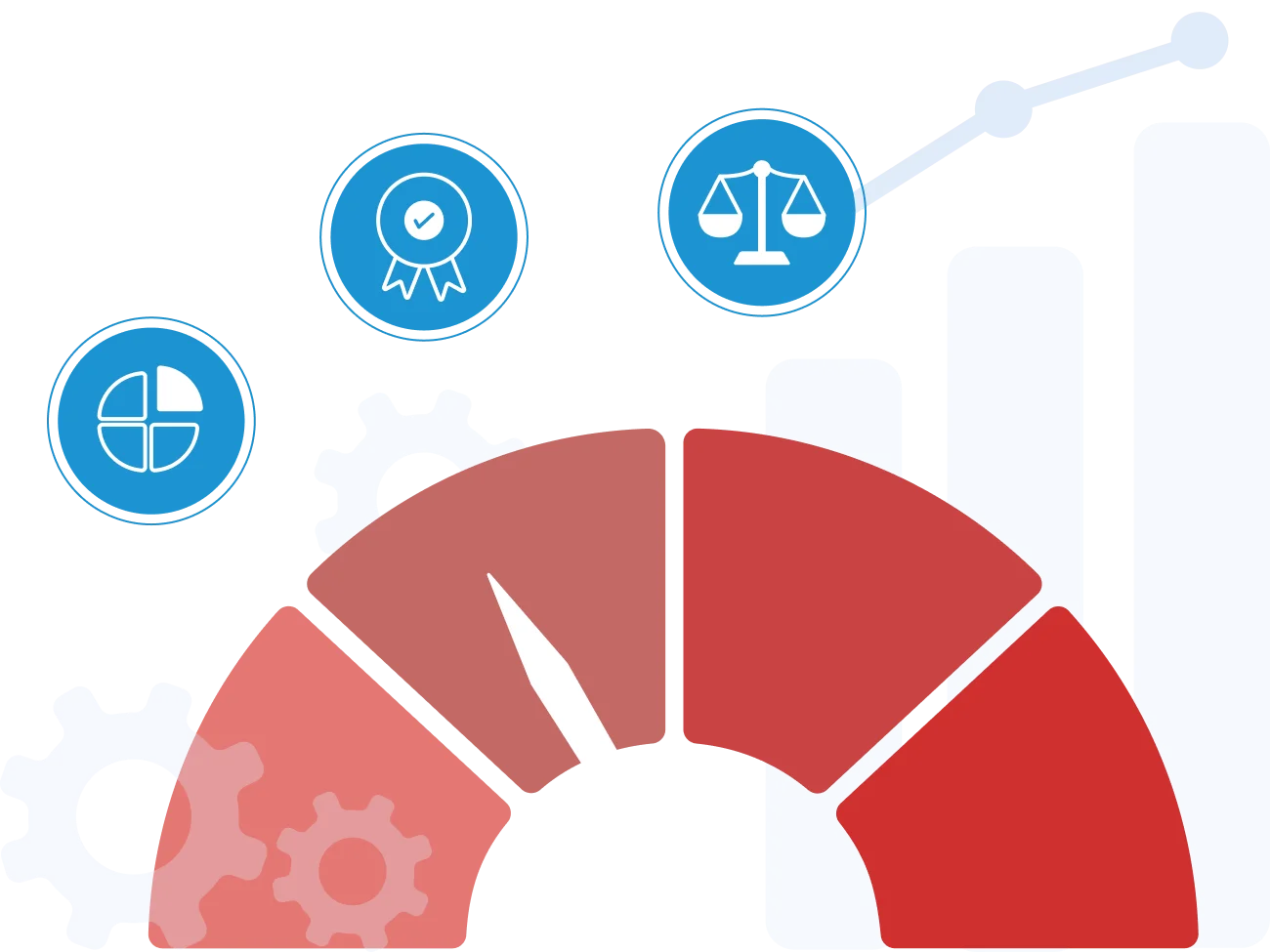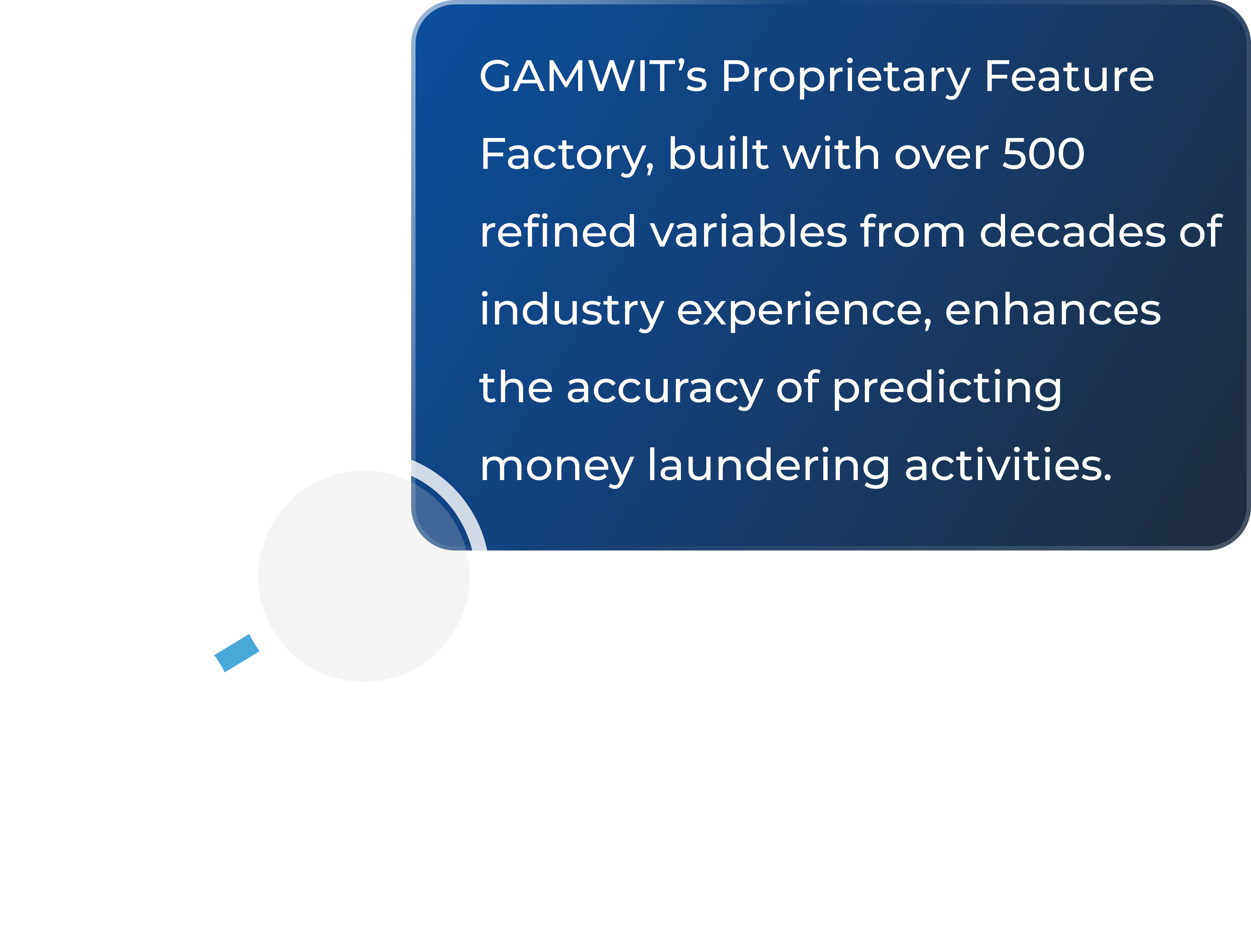

Online gaming operators operate under strict scrutiny when it comes to anti-money laundering (AML) regulations. Whether it’s the EU’s AML directives or the Bank Secrecy Act in the U.S., the rules are clear: implement robust monitoring systems, report suspicious activity, follow strict KYC (Know Your Customer) protocols.
Failing to comply isn’t just risky—it’s costly. The consequences range from heavy fines to revoked gaming licenses and, in severe cases, criminal charges against executives.


Loss of Revenue and Increased Costs
Laundered money often involves fraudulent or stolen funds, which can lead to chargebacks and a loss of legitimate revenue.
Dealing with these fraudulent accounts also drives up operational costs, as you’ll need to invest time and resources in investigations and remediation.
Decreased User Engagement
If your platform becomes a conduit for money laundering, it can damage the integrity of your games, creating an unfair experience that drives honest players away.
Legitimate players may also face inconvenience due to added security measures—transaction delays, identity verifications, or even wrongful account freezes—frustrating the gaming experience.

Money laundering puts your business at risk, impacting everything from regulatory compliance and financial stability to your reputation and player trust.
Player Anonymity
Gaming platforms often let players create accounts with minimal personal information, making it easier for criminals to hide their true identities.
Cryptocurrencies, which some platforms accept, provide even greater anonymity, making it harder to trace transactions and complicating efforts to track illicit activity.
Lack of Standardization
AML regulations are enforced differently across countries, which leads to inconsistencies and opens the door for money laundering in less-regulated regions.
Operators may also adopt varying levels of security and compliance measures, leaving gaps that criminals can exploit.
Evolving Techniques and Technology
Criminals are constantly refining their methods to stay ahead of detection. They may combine deposits, player-to-player collusion, and withdrawals to launder money, making it difficult to trace.

Player Privacy Concerns
To stay compliant with AML regulations, you may need to collect and analyze a significant amount of player data—an effort that could raise privacy concerns.
Players may resist extended verification processes, potentially leading to a loss of customers.
This creates a balancing act between maintaining a smooth user experience and meeting strict AML requirements.
Behavior Based - Not Rule Based
Instead of relying on rigid, rule-based methods, GAMWIT leverages advanced AI/ML algorithms to identify the subtle and complex behavioral patterns of money launderers—patterns that might be missed by manual detection.
With real-time transaction monitoring, GAMWIT flags suspicious activities as they happen, enabling operators to take immediate action, such as freezing accounts or blocking transactions, to stop laundering in its tracks.

Large Datasets Analyzed Instantly
GAMWIT processes massive volumes of data to analyze player-specific betting patterns, gaming activities, and non-gaming interactions.
Our in-house Proprietary Feature Factory, backed by decades of gaming industry experience, ensures highly accurate predictions for better risk management.
Dynamic Risk Assessment
GAMWIT assesses each player’s risk level dynamically by analyzing their transaction history and behavioral patterns through our Proprietary Feature Factory.
This enables operators to prioritize actions effectively, ensuring that high-risk activities are addressed first.

Enhanced User Experience
With better detection accuracy, GAMWIT reduces the risk of mistakenly flagging legitimate players as suspicious.
This creates a smoother, more secure experience for your players while helping you target potential laundering activities with precision.
Enhanced Reporting
GAMWIT generates detailed, accurate reports for regulatory bodies, ensuring full documentation of suspicious activities and compliance with AML regulations.
These reports help you stay on top of your regulatory obligations with minimal hassle.
Fraud Detection and Prevention
Using predictive analytics, GAMWIT anticipates potential laundering activities based on historical data and trends.
This allows operators to implement preemptive measures, stopping money laundering before it even begins.


They vary from:
Game to Game
Company to Company
Demography to Demography
Geography to Geography
What flags a player as a "Money Launderer" on your platform may not be the same on another.
Since our model learns from your data, it identifies behaviors that are unique and relevant to your players, giving you the insights that matter most.
GAMWIT’s AI continuously monitors and detects changes in the behavior of money launderers, adapting in real time.
As behaviors shift, the model adjusts to improve its predictions with greater accuracy.


The cognitive capabilities of the GAMWIT system detects any change in VIP behavior and adjusts the model to adapt to these ever changing demands of your VIPs.

This level of dynamic adaptation is almost impossible for humans to achieve without bias.

Lower risk of legal or financial penalties and protection against fraud, helping create a safer gaming environment.

Seamless compliance with varying standards and regulations.

Long-term financial stability for your business.

Increased operational efficiency across your teams.

Enhanced data security and privacy protection for your players.

Strengthened reputation and trust among your player community


Our Anti-Money Laundering AI Model is a plug-and-play solution that your Marketing, Finance, Risk, and Compliance teams can easily use—without the need for any technical expertise or data analytics skills.
This makes it simple to identify and categorize potential money laundering activities early in your risk management program, saving both time and resources.
No matter how or where you store your gaming data, our expert team ensures seamless integration with GAMWIT. We handle the technical details, so you don’t have to.


No matter how or where you store your gaming data, our expert team ensures seamless integration with GAMWIT. We handle the technical details, so you don’t have to.

Once integrated, GAMWIT runs automatically, delivering player-specific predictions directly to your
teams—scientifically and consistently.
We can even help you integrate GAMWIT with your CRM systems.
By using data-driven insights tailored specifically to your business, you can eliminate human bias and
guesswork.